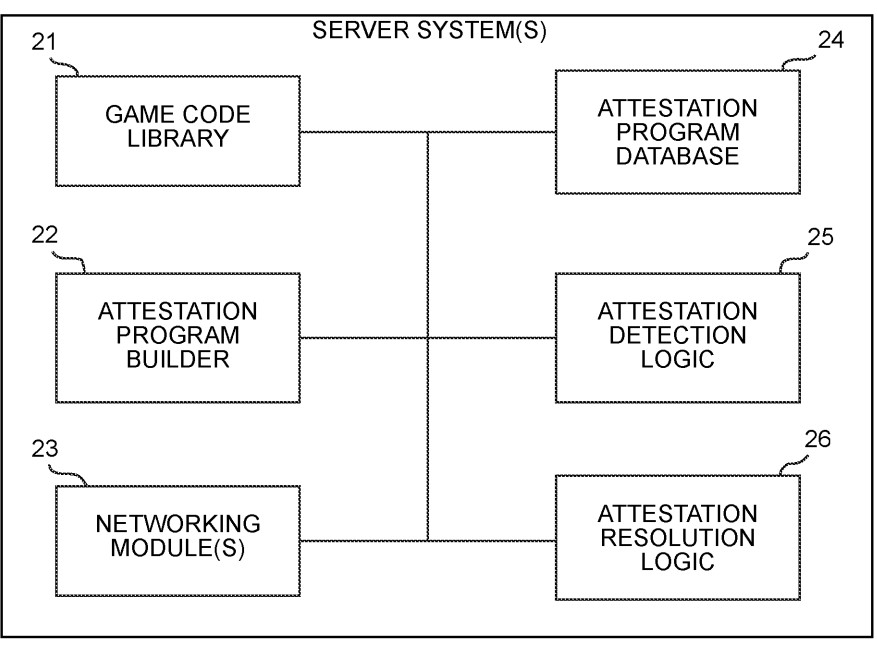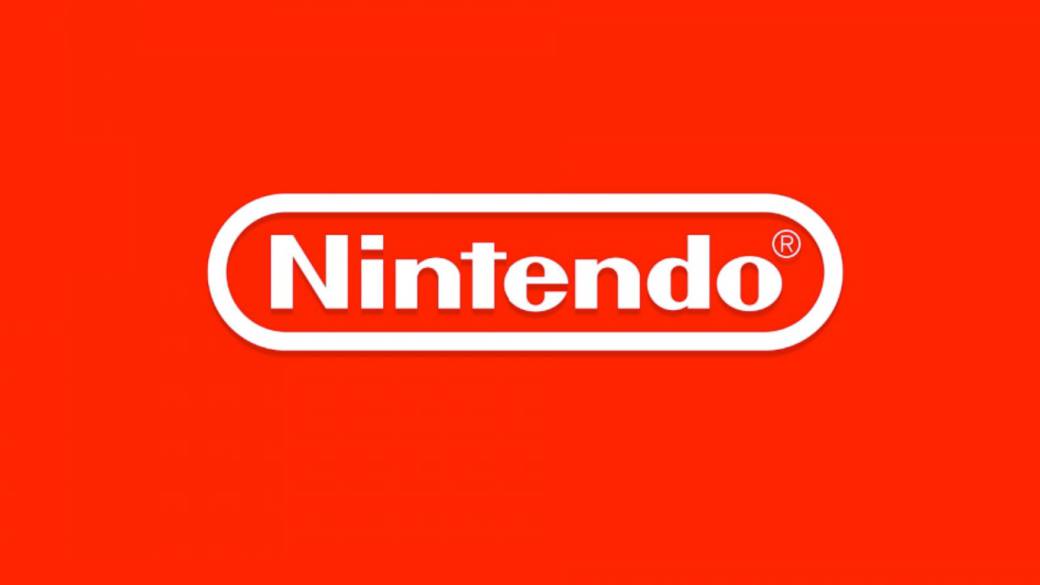When it comes to Nintendo, they are quite touchy about their products whether, it’s hardware or software. While there is nothing wrong in protecting your IPs, the Japanese video games company sometimes uses extreme methods (content on Youtube for instance) to block their content and also face some criticism in the community for these methods.
Despite the community backlash, Nintendo remains a staunch supporter of using any methods to protect their Software and Hardware. In such efforts, they apparently have filed a patent recently that basically describes methods to identify any software modifications. The patent reads:

The technology described implements attestation programs that employ “code reuse” techniques. In particular, the technology relates to auto-generating attestation programs for, among other aspects, detecting whether a program has been modified. In one non-limiting example, the technology uses a tool that scans a software program (e.g., a video game) code for usable code sequences. The tool can automatically combine code sequences to generate a large number of attestation programs of different variety (e.g., memory checks, hashing).
So basically, it’s a digital attestation program which will keep on checking any possible code changes as most cheats or piracy tools attempt to change to programming of a software. That is how most DRM software work and Nintendo seems to be using its own system.
The patent further elaborates that this types of attestation tools are particularly useful in online mutltiplayer games with a competitive touch. In competitive games, it is important to keep cheating, software modification at bay so the attestation software mentioned in the patent can exactly do checks regularly.
Such cheating is egregiously prevalent where the gaming environment is extended to gaming particularly multiplayer gaming over the internet. In particular, users are able to modify software in a way that enables them to have advantages over other players on different systems across a multiplayer game. These unfair advantages result in the game being much less satisfying to the user thereby affecting the overall human-user experience and interaction in the game. Moreover, such modifications to the game program create certain security risks for the game system.
There are some other applications as well so if you are interested in more details, I will recommend that you check out the patent for yourself.

